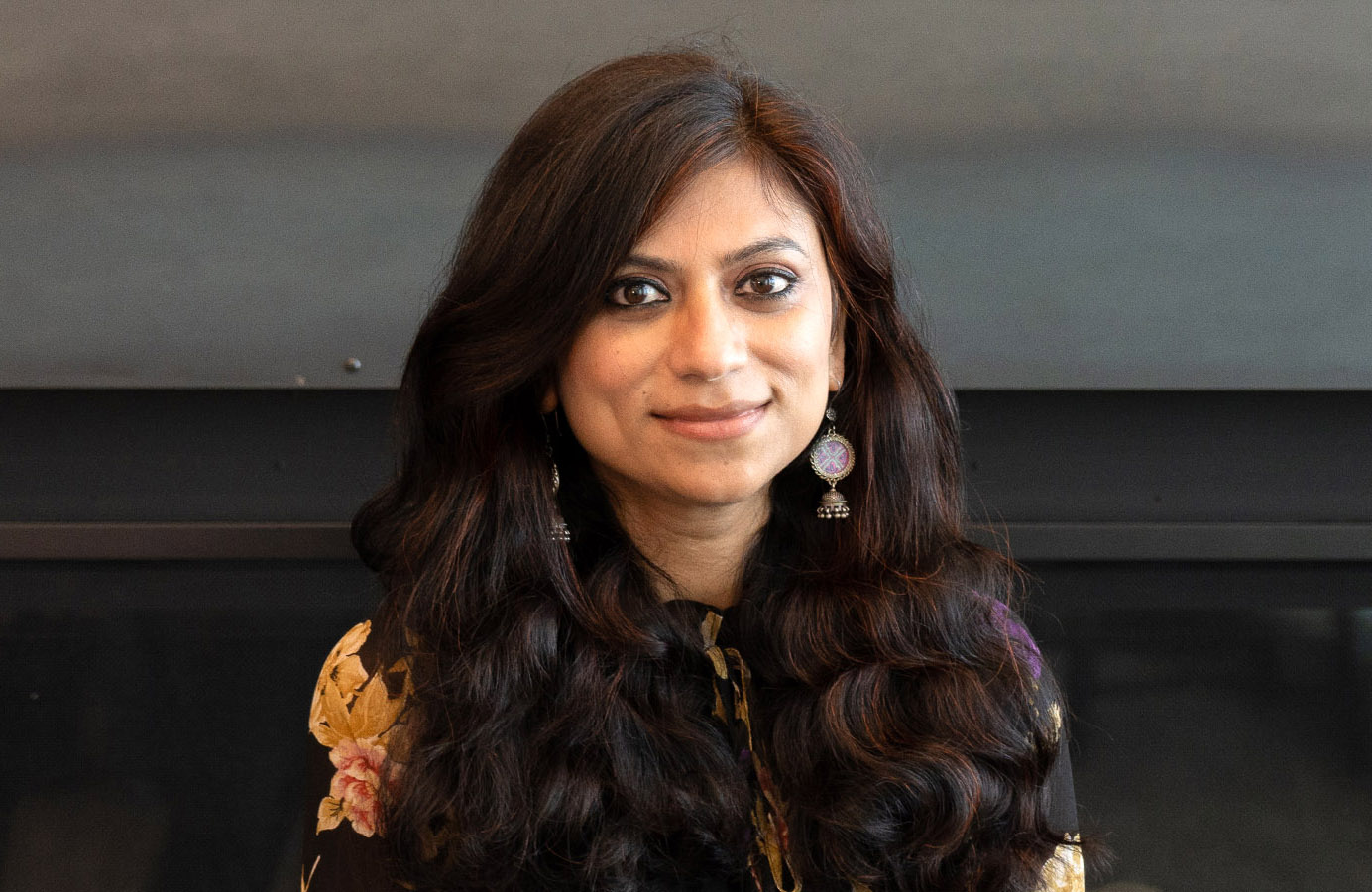A new article in the Early Childhood Education Journal challenges whether developmental milestones—such as the expected age for a typically developing child to drink from a cup or climb stairs—are universal across cultures.
Ankita Bhattashali, PhD, from the Institute for Disability Research, Policy & Practice (IDRPP), is the lead author. She hopes early childhood education programs will add some considerations to their teacher training, in addition to using the developmental milestones. They could use mentor families to help prospective teachers understand cultural differences in minority families. And they could also learn to consider the latest research and question their own perceptions before assuming a child needs specialized services.
Developmental milestones have long been used as an indicator for early interventionists, as they decide whether a child needs specialized services to help them prepare for school. And children from ethnic minorities have long been disproportionately referred to early intervention and special education programs. Bhattashali and her co-authors point out that some children’s early abilities are shaped by their culture and experience—and they will vary widely from one culture to another.
“There is an example in the article that when a child is in a third story or multiple storied building, the child can climb stairs easily. And children who live in an only one storied building, they don't know how to climb. So if I'm already judging the child's motor skill, I'm completely ignoring the child's background, the context. And I’m providing support that they may not need.”
Data on developmental milestones across cultures is still lacking, she said. “We still don't know how universal it is. We can only speak on the data that we have. And that data is really limited.” But researchers are working to better understand the age at which children learn social, emotional, speech and cognition skills. In the meantime, ongoing developmental monitoring is still essential for the early identification of potential delays or disabilities, so that children can receive timely intervention and benefit from the services that are right for them.
Bhattashali and her co-authors urge pre-service early childhood education programs to bring in the expertise of mentor families, who can help fill the gaps of knowledge for teachers who may not have experience with the cultures their students are from. “When teachers are struggling because we don't know why a four year child is not sitting at a table, we can work with the families. The home visiting approach is already there,” she said.
Teachers can also learn to look objectively at their own experience and filter assumptions that may not be true.
“Maybe we need to see the child as a whole. We, of course, provide the utmost services, but also we don't want to make some assumptions that the child cannot do something. We need to be cautious about that. And then also one more implication is that, when we are misdiagnosing, maybe the child is pulled out from playing with their peers or from inclusive settings.”
Bhattashali and her co-authors will continue their own work on the topic as well. The next steps include further research into developmental milestones.
Overcoming Bias in ECSE by Incorporating Funds of Knowledge in Teacher Preparation was written from work Bhattashali was a PhD student at the University of Kansas. She is currently an education specialist in IDRPP’s Utah Pyramid Model.
View Original Article











